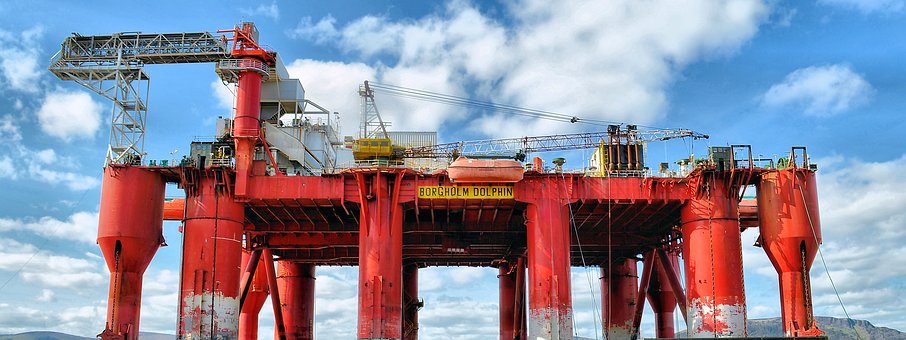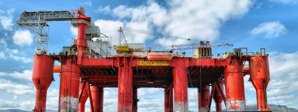According to the Chief Executive of Norwegian oil company Aker BP, in 2018, it plans on drilling six to eight exploration wells, including four in the Barents Sea, off the coast of Norway.
One of the wells that will be located in the southeast Barents Sea and which shares a maritime border with Russia could contain significant new resources.
“Yes, it can, but it also (has) quite a bit of risk,” said Karl Johnny Hersvik, the company’s CEO. “It’s an interesting prospect.”
Incidentally, 40% of Aker BP is owned by Aker Capital and BP has another 30% stake in it. The company has a license to operate in these waters and will be partnering with Russia’s Lukoil and Norway’s Statoil for the explorations.
Although Statoil’s recent completion of the Korpfjell oil well was highly anticipated, it found only a relatively tiny quantity of gas, negating expectations of multi-million or billion-barrels discovery.
“The hype of the Barents Sea was too high... It’s not game over, but it’s worthwhile to cool it a bit,” said Hersvik.
This year, Aker BP plans on drilling eight exploration wells in Norway; this includes five partner-operated wells.
For 2017, its production outlook has been forecast in the range of 135,000-140,000 barrels of oil equivalents per day, said Hersvik; he was however clarified that these predictions are subject to revision and are dependent on a capacity increase at Lundin’s Edvard Grieg field.
Aker BP’s Ivar Aasen field sends oil and gas to the Edvard Grieg platform for further processing and export, and is thus dependent on it capacity.
Hersvik mentioned that he expects a “slight decline” in production in 2018 and 2019 compared with 2017.
In recent years, oil companies have had to dramatically slash their costs in order to compensate for falling crude oil prices.
Hersvik mentioned that there is still some room for cost cutting, including at Sverdrup.
The production of the Sverdrup field is expected to start in late 2019. As per estimates it holds an approximately 2-3 billion barrels of oil - the largest found off the coast of Norway in decades.
References:
http://uk.reuters.com
One of the wells that will be located in the southeast Barents Sea and which shares a maritime border with Russia could contain significant new resources.
“Yes, it can, but it also (has) quite a bit of risk,” said Karl Johnny Hersvik, the company’s CEO. “It’s an interesting prospect.”
Incidentally, 40% of Aker BP is owned by Aker Capital and BP has another 30% stake in it. The company has a license to operate in these waters and will be partnering with Russia’s Lukoil and Norway’s Statoil for the explorations.
Although Statoil’s recent completion of the Korpfjell oil well was highly anticipated, it found only a relatively tiny quantity of gas, negating expectations of multi-million or billion-barrels discovery.
“The hype of the Barents Sea was too high... It’s not game over, but it’s worthwhile to cool it a bit,” said Hersvik.
This year, Aker BP plans on drilling eight exploration wells in Norway; this includes five partner-operated wells.
For 2017, its production outlook has been forecast in the range of 135,000-140,000 barrels of oil equivalents per day, said Hersvik; he was however clarified that these predictions are subject to revision and are dependent on a capacity increase at Lundin’s Edvard Grieg field.
Aker BP’s Ivar Aasen field sends oil and gas to the Edvard Grieg platform for further processing and export, and is thus dependent on it capacity.
Hersvik mentioned that he expects a “slight decline” in production in 2018 and 2019 compared with 2017.
In recent years, oil companies have had to dramatically slash their costs in order to compensate for falling crude oil prices.
Hersvik mentioned that there is still some room for cost cutting, including at Sverdrup.
The production of the Sverdrup field is expected to start in late 2019. As per estimates it holds an approximately 2-3 billion barrels of oil - the largest found off the coast of Norway in decades.
References:
http://uk.reuters.com






